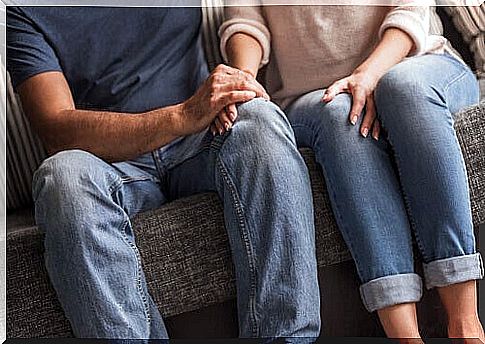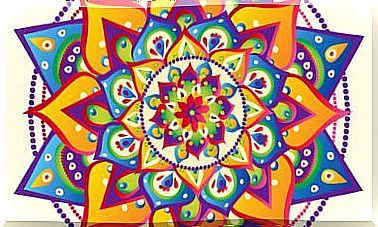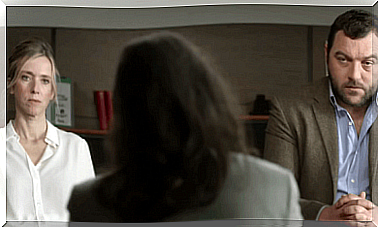Anxious Attachment Or Elusive Partner?

Anxious attachment is a type of bond in which restlessness, possessiveness, and insecurity predominate in the relationship with a loved one. In principle, this is due to unresolved issues in establishing this type of link. However, in some cases, this anxious behavior is triggered or fueled by the other member of the couple.
It is said that the paranoid are also persecuted. This is more or less what happens in some cases of anxious attachment. While there is fundamental insecurity, the person who feels it is not the one who feeds it or triggers it. In other words, the partner can foster an anxious, unhealthy attachment.
It is not easy to distinguish anxious attachment from a case of an elusive partner. Many people concerned are unable to answer this question: is it my insecurity that is at the origin of this anxiety with my partner or is it my partner’s behavior that is at the origin of my anxiety? ?

Anxious attachment
Anxious attachment, also called “ambivalent attachment”, is a form of bonding that is characterized by both a strong desire for intimacy with the partner and a deep fear of losing that person. This feeling leads to an apprehensive interpretation of any manifestation, however small, of distancing or rejection.
In sum, for many behaviors that do not reflect any distancing or rejection is interpreted in this way by the anxious person. In this context, a great mistrust towards the partner ends up prevailing within the couple, and the anxious person reacts in a disproportionate way vis-a-vis harmless behaviors.
In these cases, the partner’s response is very important. Ideally, one should adopt an understanding attitude and understand that this anxiety stems from deep insecurities and, sometimes, unresolved trauma. This person needs more warmth and security from their partner to ease their anxiety.
The Elusive Partner
A person with an anxious attachment doesn’t need a partner who deals with their insecurity and fears, much less a partner who strengthens them. This is exactly what an avoiding partner does: increase anxiety and strengthen this harmful type of attachment.
It happens that some people take advantage of this anxiety to turn it into a power mechanism. An elusive partner is one who, in the face of conflict, flees or remains silent.
He also seeks to resolve problems quickly, thus preventing emotions from surfacing. It is the one who is uncomfortable or angry in the face of the partner’s crying or his expressions of pain.
Another characteristic of this type of person is the lack of emotional availability. It is very bad to have as a partner a person who refuses to name the relationship or who insists that he does not want “connections”, and who ridicules or downplays the emotions. This increases the insecurity of the anxious person.

Is it me or is it the other person?
It is often difficult to know if the couple is made up of one person who suffers from a chronic anxious attachment and another person who cannot overcome this inappropriate behavior. Or if the attachment, which at first was normal, becomes anxious because one of the two reinforces the other’s unresolved insecurities.
To know if it is the attachment to anxiety or the elusive behavior of the partner that predominates in an uncomfortable relationship, it is important to identify these fears, which are very valid:
- Fear that the partner does not want a commitment.
- The fear that a conflict will never be resolved because the other person refuses to deal with it.
- Fear of not being heard or understood by the partner.
- Fear of being vulnerable with the partner.
If any of these fears are present in someone, their partner is most definitely an elusive partner. In contrast, fear of losing the other person usually shows an anxious attachment in the relationship.










